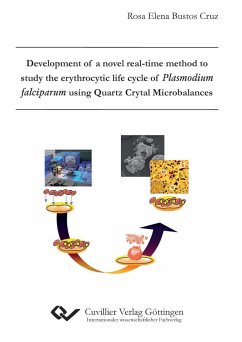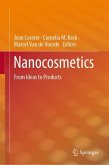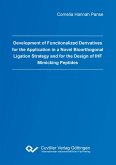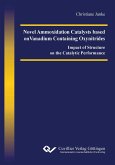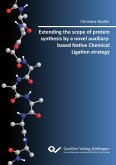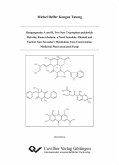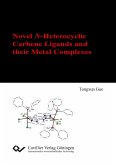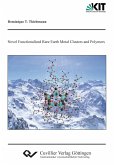Previous studies carried out by the Biosensor Research Group of the Institute of Clinical and Experimental Transfusion Medicine at the Tübingen University had successfully demonstrated determination of various blood types through the interaction of erythrocytes with immobilised antibodies on a QCM. These studies have opened the possibility to test new applications of this technique for the study of infectious diseases. In our case, studies of the erythrocyte life cycle of P. falciparum, particularly during the last six hours preceding the merozoite release and studies related to reinfection of by merozoites were the focus of our investigation. Release of malaria parasites of P. falciparum from infected erythrocyte at the end of their asexual erythrocyte cycle occurs approximately every 48 hours, asynchronously in parasite culture and synchronously in vivo. This process is poorly studied due to: (I) merozoite release is a very short event (<60 S), (II) schizont stages have high sensitivity for culture conditions like pH, medium, osmotic pressure, gas atmosphere and temperature. (III) Schizont conditions are not easy to maintain under the miscrocope, making miscroscopical real time observation of the release difficult. The aim of the presented project was to study the release of Plasmodium falciparum merozoites from erythrocytes with the QCM sensor technique. In this way, the frequency shift due to the change of mass associated to the merozoite release and, on a second QCM, the reinfection of healthy erythrocytes are monitored in real time. Our QCM experiments included the following stages: (I) Adaptation and optimisation of the immobilisation of biological layers to capture the erythrocytes on the quartz. (II) Optimisation of parasite culture conditions in a QCM chamber. (III) Observation of the frequency signal both for infected and non-infected erythrocytes samples and correlation of the signal with the release of merozoites. (IV) Reinfection of healthy erythrocytes on a second quartz within one QCM system. (V) Test of inhibition of merozoite release and reinfection by antimalarial compounds.
Bitte wählen Sie Ihr Anliegen aus.
Rechnungen
Retourenschein anfordern
Bestellstatus
Storno

